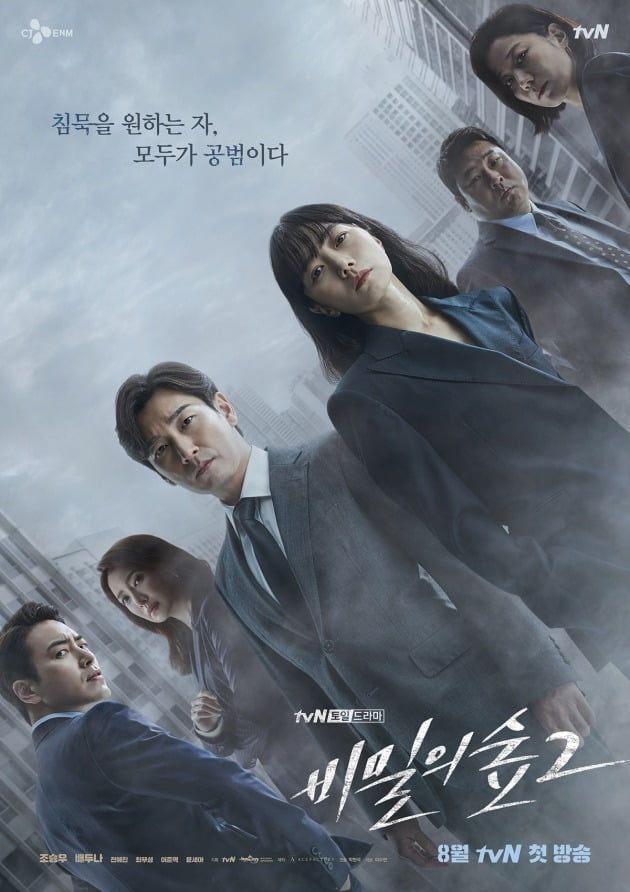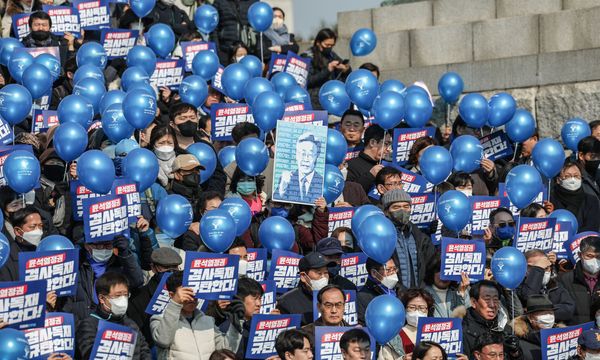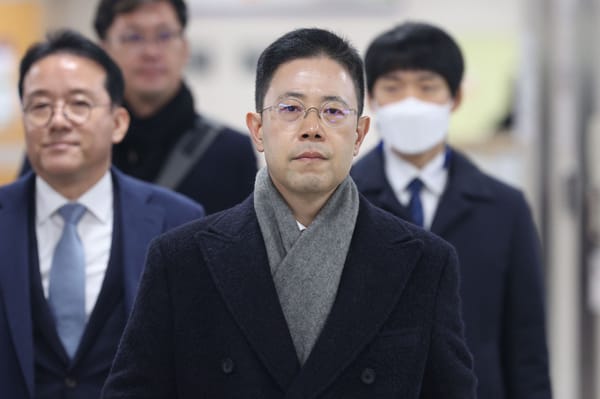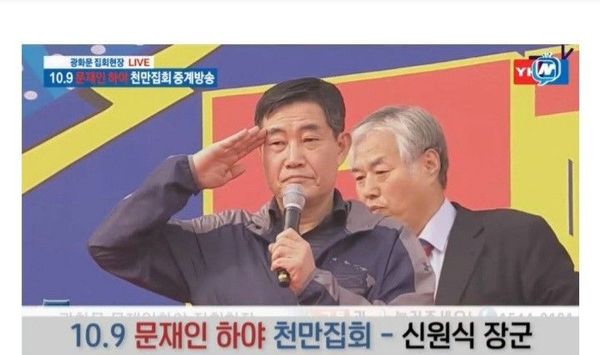Photo: Poster for Stranger 2. Credit: tvN.
One of this season’s most popular Korean dramas was Stranger 2 (also known as Secret Forest 2 비밀의 숲 2,) a ripped-from-the-headlines crime thriller that showed the clash between Korea’s police and prosecutors in a turf war over two mysterious dead bodies that are found floating in the sea.
The show depicts this conflict with a fair degree of accuracy: Korea’s prosecutors have enjoyed an unusual degree of latitude compared to prosecutors of other countries. In addition to their exclusive authority to bring criminal charges, they also have the authority to conduct their investigations with an in-house investigative corps or commandeer the police.
Curbing this broad authority has been a major priority of the Moon Jae-in 문재인 administration, following charges of abuse and corruption. On October 7, the Blue House 청와대 announced the enforcement decree for the revised Criminal Procedure Act 형사소송법 and Public Prosecutors’ Office Act 검찰청법, sharply curtailing the prosecutors’ investigative authority and conferring some of the authority to the police.
The most significant changes are the abolition of the prosecutor’s authority to give orders to the police, and giving the police the authority to formally conclude an investigation, which practically allows the police to not bring charges. Under the new decree, the police will refer to the prosecutors only those cases that the police deem worthy of bringing charges; the prosecutor, then, may only conduct supplementary investigation to the extent the primary investigation was inadequate to indict.
Also under the new rules, prosecutors lost the power to begin an investigation on their own. Instead, prosecutors may launch an investigation in certain major crimes such as corruption, white collar crimes, elections crimes, etc. For all other crimes, the police is the primary and exclusive investigator. To handle these additional responsibilities, the police will likely establish new bureaus. The revisions will take effect on January 1, 2021.








